
A father in Xiamen, Fujian province, kisses his daughter, who has SMA. (Photo by Liu Tao/For China Daily)
Regional efforts
Drug accessibility in some regions of China has improved in recent years, with government and commercial medical plans being unveiled.
In March, seven rare disease therapies, including the SMA injection, were included in the medical insurance program in Chengdu, capital of Sichuan province, for significant reimbursement.
Officials from the Chengdu Healthcare Security Administration said about 30 patients have benefited from the city's policy, including Huasheng, a boy diagnosed with SMA last year, when he was 2.
The boy's mother, Li Ling, said, "Such policies have completely changed the destiny of my son and our family." She added that she first took the toddler for medical advice after finding that he could not stand up after falling over when he was 15 months old and that his situation deteriorated.
Li said that after being given four doses of the medication, her son has made continuous progress and can now walk stably, which he could not do before.
"I can sense the changes in him, both physically and mentally. He has become more outgoing after discovering he can make movements he could not perform previously," she said.
Luo Rong, director of the neurology department at West China Women and Children's Hospital in Chengdu, said the city's medical reimbursement program is the result of collaboration by the government, commercial insurance providers and drug developers offering concessions.
Meanwhile, in Guangzhou, capital of Guangdong province, a local government insurance program for patients with rare diseases took effect in January, with medical bills for such patients falling to about 178,000 yuan a year.









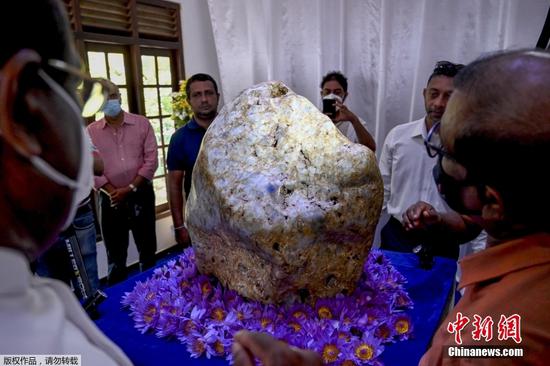
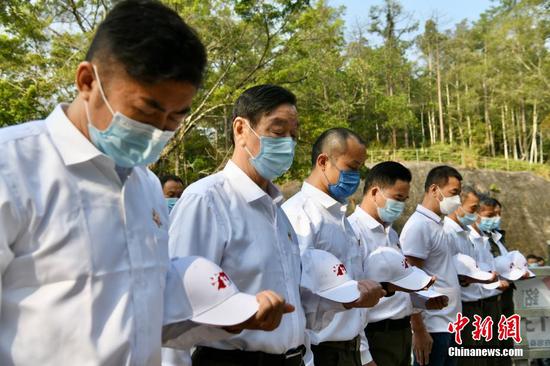




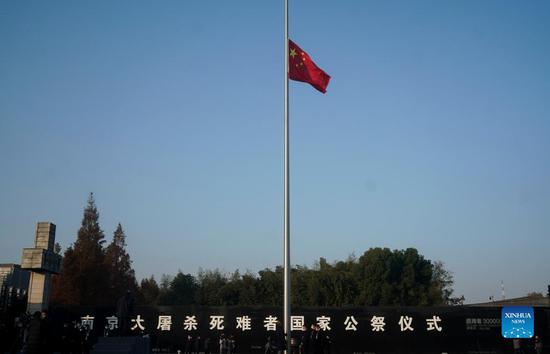


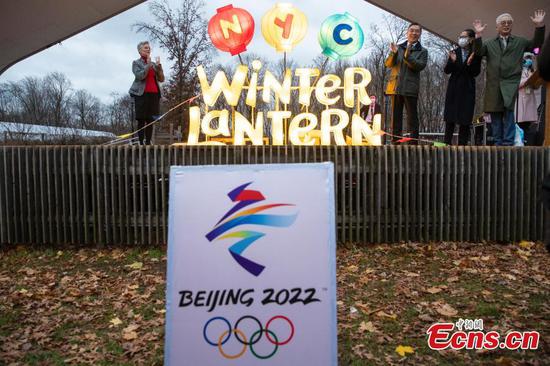



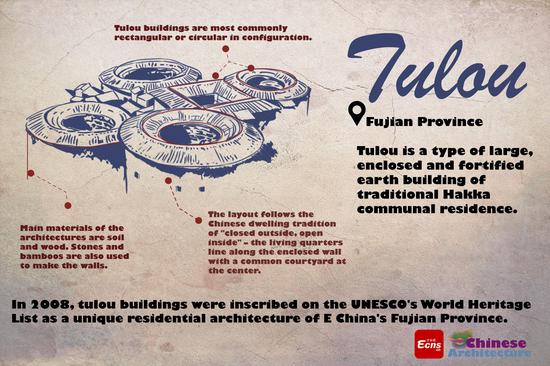
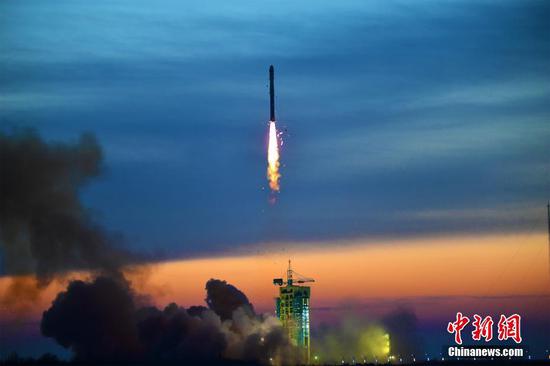

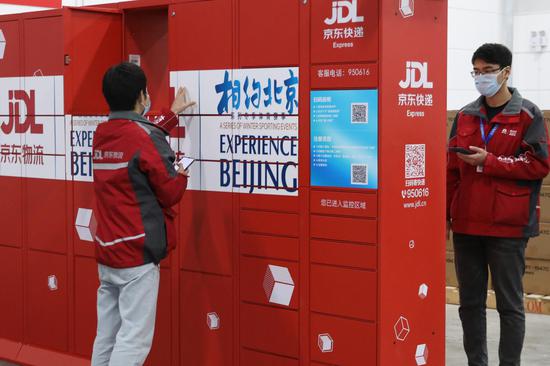
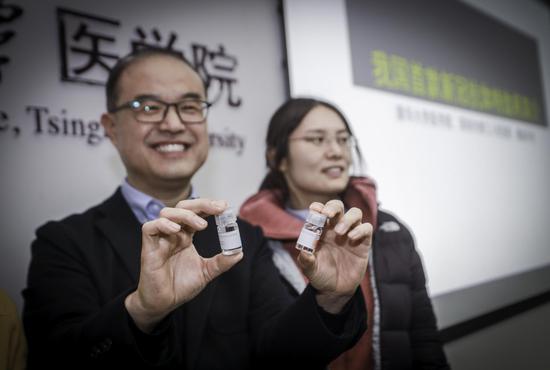
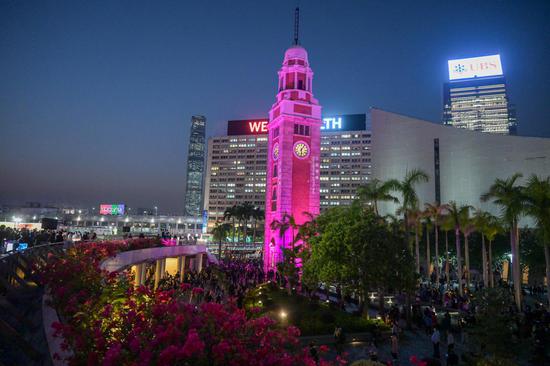
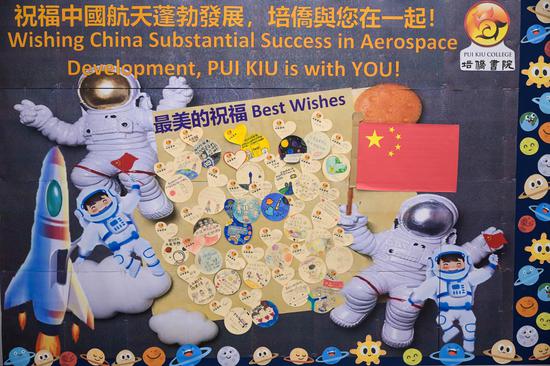
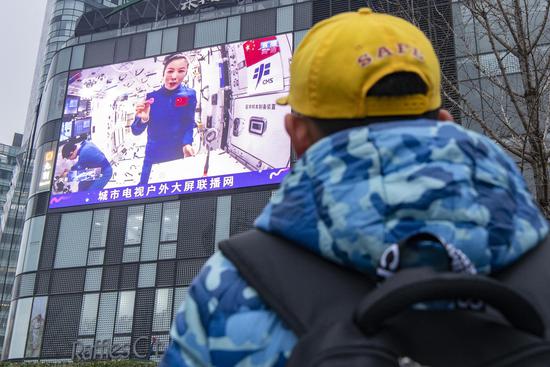
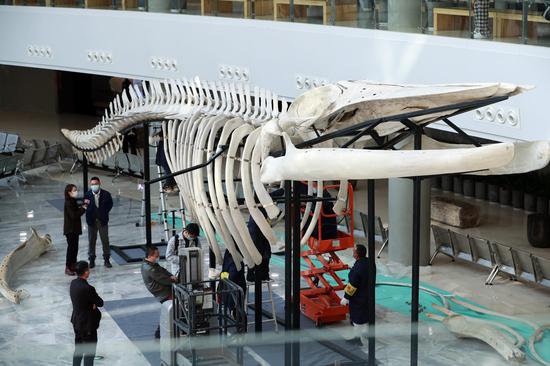
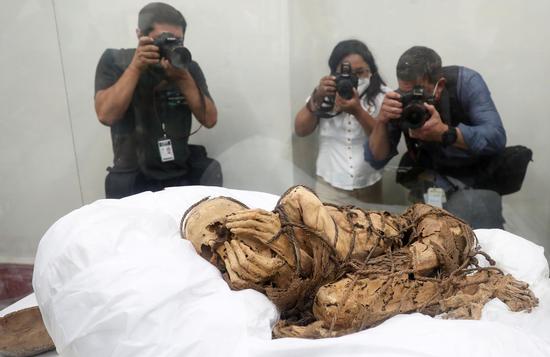

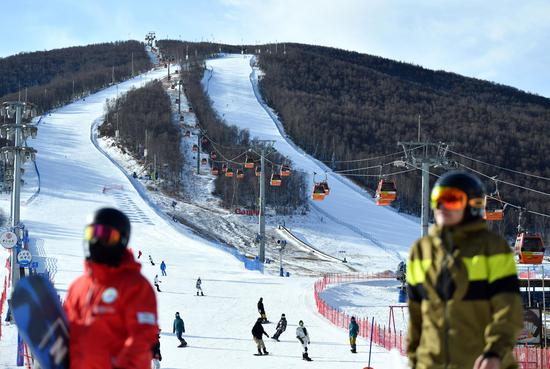
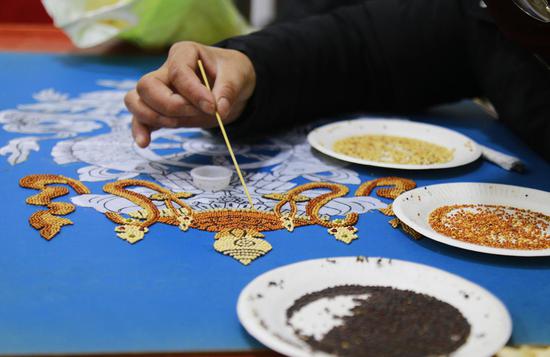




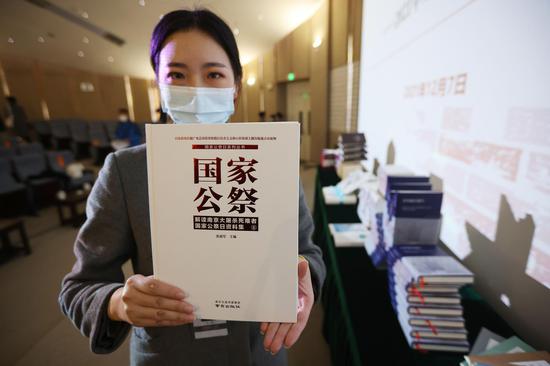


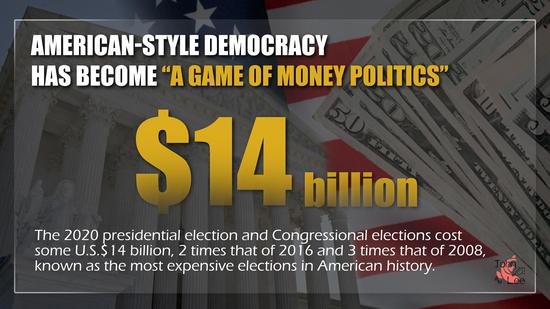

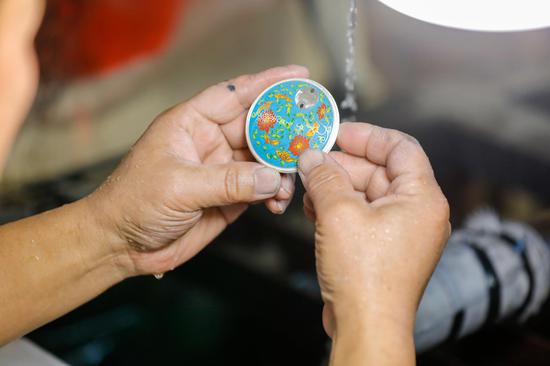





 京公网安备 11010202009201号
京公网安备 11010202009201号